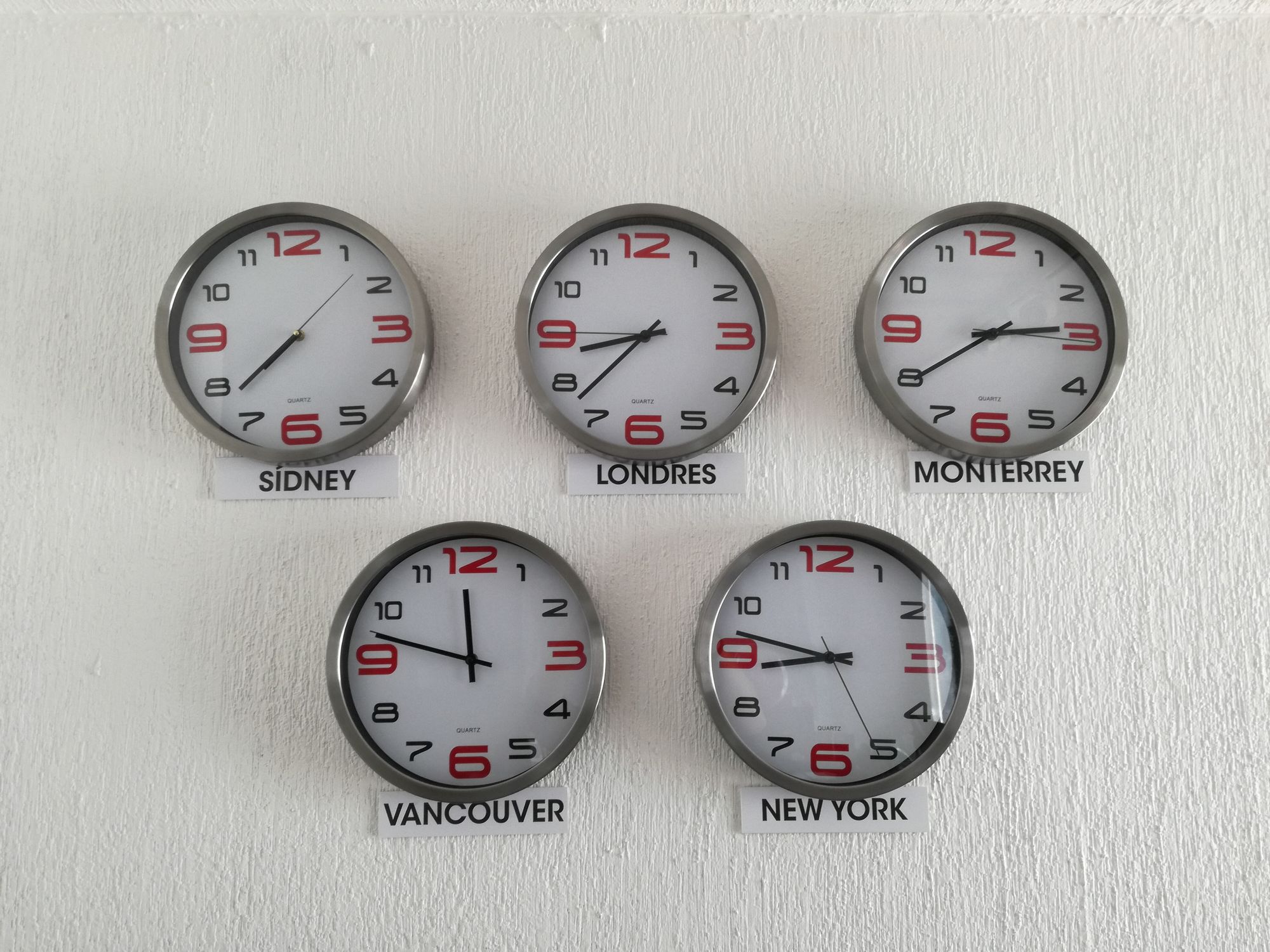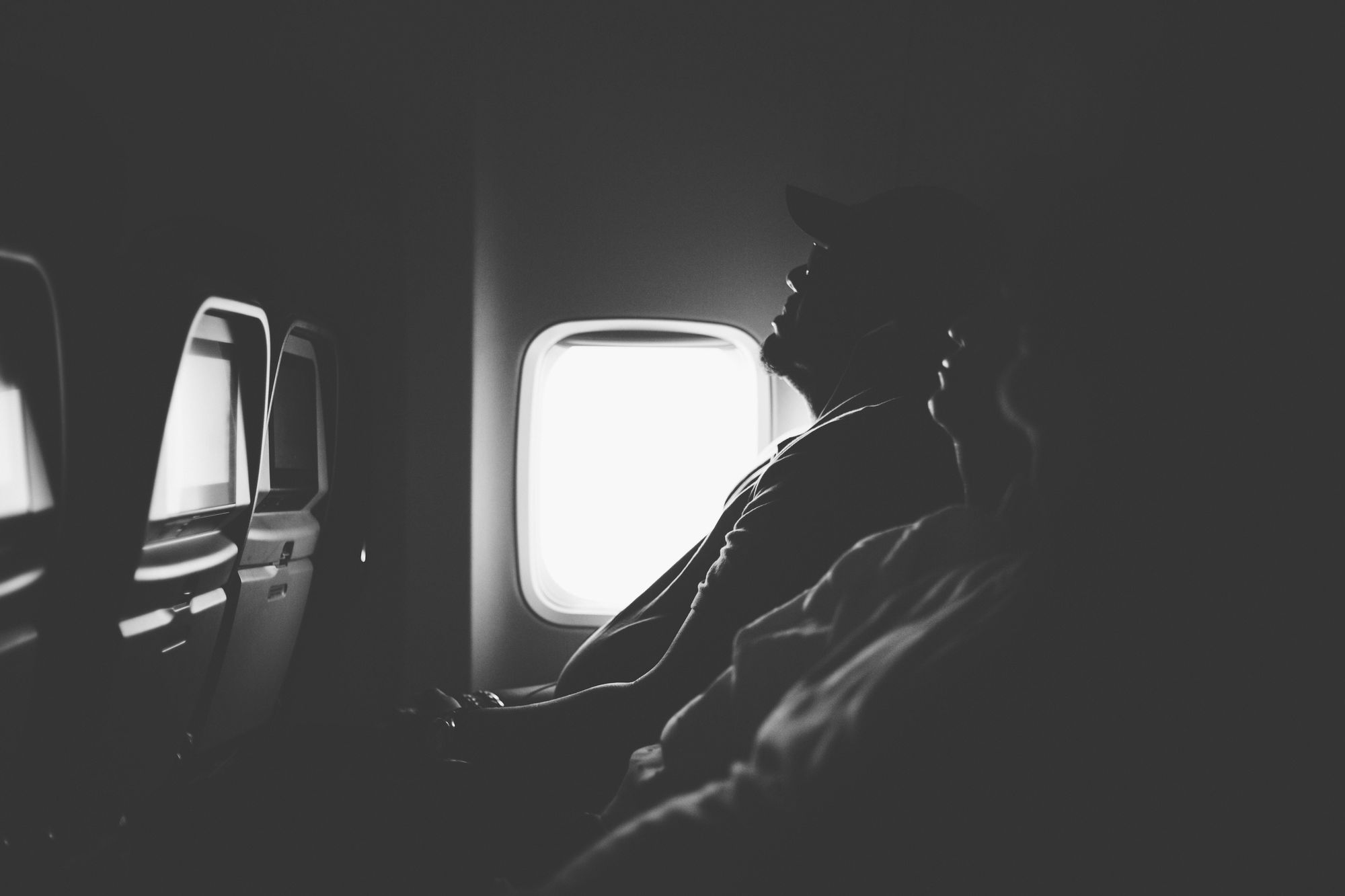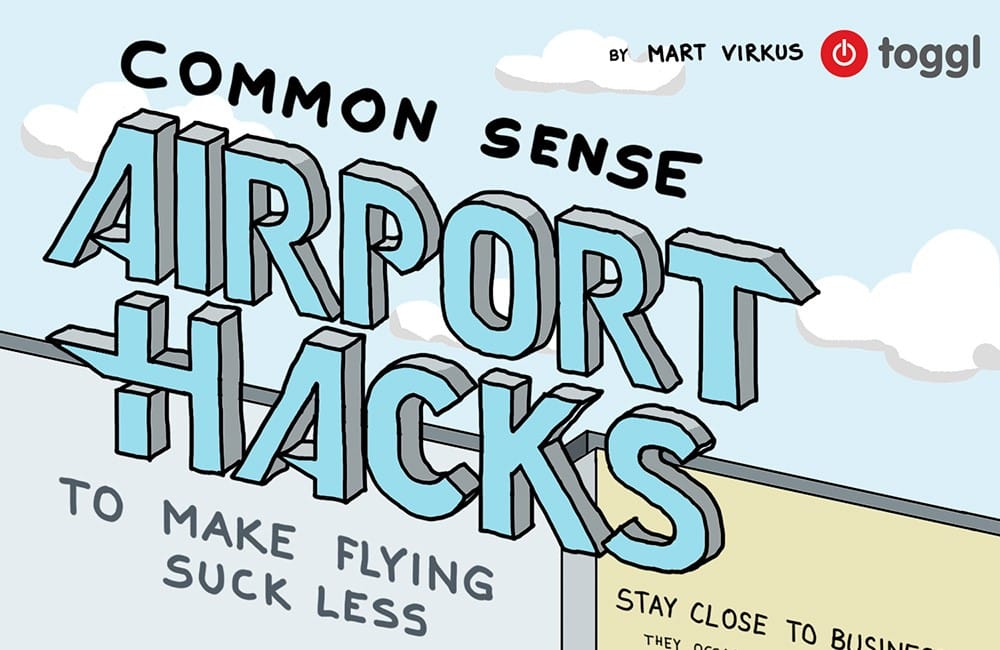When you're in a new time zone, your body isn't used to the changes in light and temperature. This can cause problems with sleeping and eating, which can lead to fatigue and even illness (especially if your immune system is already compromised). But there are things you can do to make sure that jet lag doesn't get the best of you during your trip!
Don't drink alcohol

- Alcohol is a depressant, which means it can make you feel more tired.
- Alcohol also causes dehydration, and dehydration makes jet lag worse.
- If you drink alcohol before flying (which is not recommended), then you'll be dehydrated when you land. This will cause jet lag to set in faster and make it harder for your body to adjust to the new time zone.
Get some rest, but not too much

- Get some shuteye when you can, but not too much.
- Don't get too much sleep before your flight. You want to make sure that your body gets enough rest, but it's also important not to overdo it. If possible, don't go more than four hours without sleep before takeoff--you might start feeling groggy and tired during the flight itself!
- Don't sleep too early or late on your arrival day--or at least try not to change up your regular bedtime routine too much while traveling abroad (if possible). Sleeping during daylight hours will mess with your circadian rhythm even more than jet lag would have done alone; likewise, sleeping too close to an arriving time may cause problems with circadian misalignment if it isn't already present in other ways (e.g., flying westward across multiple time zones).
Stay hydrated and move

- Drink water before and during your flight. The human body is made up of about 70% water, so staying hydrated is essential to our well-being. Drinking plenty of fluids helps keep us healthy and prevents dehydration, which can lead to headaches and other symptoms of jet lag.
- Drink even more water when you arrive at your destination--it will help prevent jet lag by keeping your body's systems in sync with local time zones better than any other method (except maybe sleeping). It also helps flush out toxins that may have built up during the flight itself: Studies have shown that people who drink six ounces or more per hour during their journey report fewer symptoms of jet lag than those who don't drink enough fluids.
Eat light meals that are low in fat, sugar and salt.
- Eat small, healthy meals at regular intervals.
- Avoid high-fat foods and sugar.
- Drink plenty of water to stay hydrated, but don't drink alcohol or caffeine (which can make you sleepy).
Make sure your meals are balanced

When you travel, it's important to make sure that your meals are balanced. Protein is good for muscle repair and carbs give you energy, but healthy fats are especially important because they're good for your heart and brain.
In general, aim for a ratio of 30% protein/40% carbs/30% healthy fat.
Get plenty of exercise
- Get plenty of exercise before you travel to adapt to the new time zone.
- Exercise can help you sleep better, and sleeping well is one of the best ways to combat jet lag. It's also good for your health in general, which will come in handy when you're on your trip. And if nothing else, working out helps keep your mind off how tired or stressed out (or both) that flight made you feel!
Don't try to adjust on the day of arrival

Don't try to adjust for your new time zone on the day of arrival at your destination.
It will take a few days to adjust, so don't try to do too much on the first day you arrive. Make sure that you have a good plan in place for this period - know what time it is back home, and make sure that all of your activities are scheduled accordingly. Don't try going to bed early and waking up early (or vice versa), as this can cause jet lag symptoms such as nausea or headaches even worse than they would be if you just rested during this period!
Jet lag is a real thing
Jet lag is a real thing, and it can be combated with proper planning. The first step to combating jet lag is getting adequate sleep before you travel. If you're flying across time zones, your body will want to go to bed earlier than usual--so try to get as much sleep as possible during the day before your flight (or during layovers).
Another good way to combat jet lag is by eating well while traveling. Be sure not only that your diet contains healthy choices but also that these foods are available at airports and on airplanes; sometimes this means bringing snacks from home or finding restaurants with vegan options in unfamiliar cities!
Finally: exercise! This helps keep blood flowing through the body so everything stays healthy even when we're sleeping less than normal amounts of time each night due to changing body clocks caused by traveling across multiple time zones at once
Final Thoughts
Hopefully, this article has given you some useful tips on how to combat jet lag. If you're traveling abroad and want to avoid feeling tired or disoriented when you arrive in a new place, make sure that you plan ahead. Get some rest before the flight, eat healthy meals during travel time (and exercise if possible!), then try not to adjust too quickly on arrival days– instead let your body adjust naturally over time so that it won't feel like such a shock!














